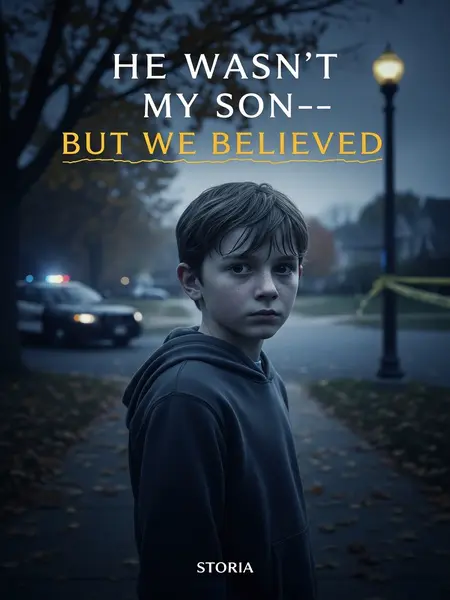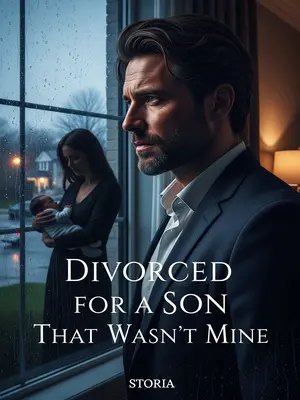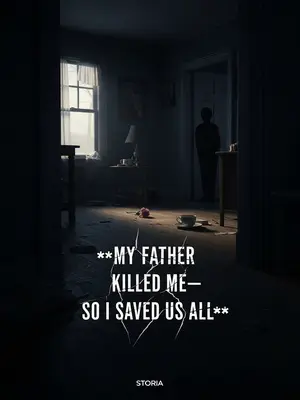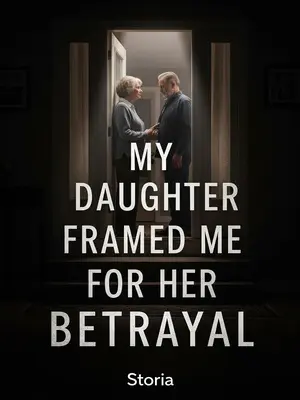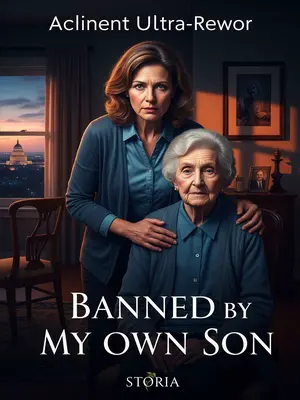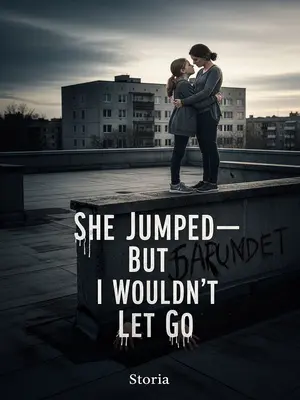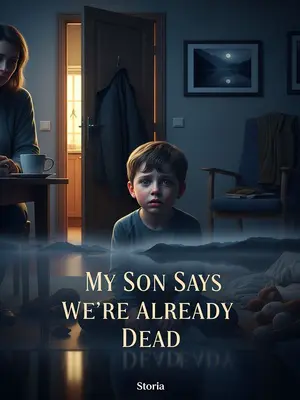Chapter 5: The Chameleon’s Gambit
The act hadn’t even started, and it already felt like it was over.
He paced his tiny room, heart racing, palms sweating. He’d pulled off hundreds of scams, but this one felt different. The stakes were sky-high.
What now? He weighed every escape route, every lie. Nothing felt safe.
Running was the only option. He packed his bag, waited for nightfall, and planned to slip out before anyone noticed.
He’d always been good at reading people, and he could tell the staff were getting suspicious. Time was running out.
He waited for the halls to empty, then slipped out the back door, moving like a shadow through the streets. His heart hammered, but he didn’t look back.
But luck wasn’t on his side. He’d barely made it two blocks before a black sedan pulled up. Two men in suits stepped out, flashing unfamiliar badges. Louis cursed—busted.
They spoke in rapid English, accents crisp. Louis tried to play dumb, but they weren’t buying it. He braced for the worst.
Most people would have cracked. But Louis was called the Chameleon for a reason.
He slumped his shoulders, let tears pool in his eyes, and started sobbing in front of the US ambassador. “I’m sorry, I just… I was so scared. I thought my family wouldn’t want me anymore.”
He spun a story of guilt and shame, painting himself as a lost child desperate for forgiveness. The ambassador’s face softened.
Instead of arresting him, the ambassador comforted him all night. Tissues, kind words, the whole works. Louis played the part to perfection.
By morning, the ambassador was convinced. Louis felt relief flood through him. Maybe he could pull this off after all.
He straightened his shoulders, a small smile tugging at his mouth. Maybe luck was still on his side.
Three years is a long time. Maybe even a sister wouldn’t recognize her brother after all that.
He followed the ambassador back to the office, rehearsing every detail of his story. Ready for whatever came next.
But life loves a curveball. On the desk: a manila envelope marked URGENT. Louis eyed it, uneasy.
Inside: a color photo of Nate. Clear, impossible to mistake. Louis felt his stomach drop.
The kid in the picture was all-American—blonde, blue-eyed. Louis looked nothing like him.
He glanced in the mirror—dark hair, brown eyes. No way to explain that.
He cursed under his breath. There was no way the family would buy it.
He imagined the reunion—awkward silences, suspicious glances, the truth spilling out. He was doomed.
He slumped in his chair. He’d wriggled out of wild situations before, but this felt impossible.
Two options. Come clean and face the music. Or double down and hope for a miracle.
He pictured the mugshots, the handcuffs, the headlines. The thought made him shiver.
If he confessed, he was done for. No way out.
Or, tough it out. Meet Nate’s sister. Maybe he’d get lucky.
At least he wouldn’t be in jail—yet.
He took a deep breath. He’d always been a gambler. This was the biggest bet of his life.
He spent hours in front of the mirror, dyeing his hair, practicing his accent, rehearsing every line. Ready as he’d ever be.
Always keep an eye on the exits. He was ready to run if things went south.
Take the gamble. Maybe luck would carry him through one more time.
But when he finally met the sister, all his nerves vanished. She rushed in, eyes wide with hope. What happened next left him speechless.
She didn’t just fail to see through him—she helped him become Nate. She threw her arms around him, sobbing with joy. Louis stood frozen, unsure what to do. For once, he had no words.
He spent the night before the meeting dyeing his hair in the shelter bathroom, the chemical sting making his eyes water. He studied Nate’s photos, memorizing every detail, every scar.
He found a woman in the shelter to help him with the dye. She chatted about her family as she worked. Louis nodded along, grateful for the distraction.
He paid a local artist to ink three tattoos in the same spots as Nate. The needle bit, the tattoos crude but close enough.
Colored contacts made his eyes itch. No matter how hard he tried, the accent stuck. He practiced for hours, but the French wouldn’t leave.
So, he wove a story about human experimentation—secret labs, surgeries, the works. Outlandish, but maybe believable.
That’s why his eye color and accent were different, he said. The more outrageous the lie, the more likely people were to believe it.
When you can’t explain something, you just make up a story. Louis had learned that early on.
On the day the sister arrived, he dressed carefully—scarf, sunglasses, anything to hide. He looked ridiculous, but desperate times.
He knew it was wishful thinking. He couldn’t hide forever.
Sooner or later, he’d have to show his face.
He felt exposed, like a turtle peeking out of its shell—either way, it was a gamble.
He gathered his courage and, with awkward French-accented English, called out: “Sis.”
The sister turned, and for a moment, everything stopped. The air in the room went heavy.
You could cut the tension with a knife. Louis braced for disaster.
